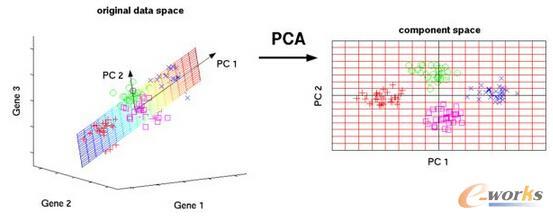We propose a novel and flexible DNA-storage architecture, which divides the storage space into fixed-size units (blocks) that can be independently and efficiently accessed at random for both read and write operations, and further allows efficient sequential access to consecutive data blocks. In contrast to prior work, in our architecture a pair of random-access PCR primers of length 20 does not define a single object, but an independent storage partition, which is internally blocked and managed independently of other partitions. We expose the flexibility and constraints with which the internal address space of each partition can be managed, and incorporate them into our design to provide rich and functional storage semantics, such as block-storage organization, efficient implementation of data updates, and sequential access. To leverage the full power of the prefix-based nature of PCR addressing, we define a methodology for transforming the internal addressing scheme of a partition into an equivalent that is PCR-compatible. This allows us to run PCR with primers that can be variably elongated to include a desired part of the internal address, and thus narrow down the scope of the reaction to retrieve a specific block or a range of blocks within the partition with sufficiently high accuracy. Our wetlab evaluation demonstrates the practicality of the proposed ideas and a 140x reduction in sequencing cost and latency for retrieval of individual blocks within the partition.
翻译:暂无翻译




